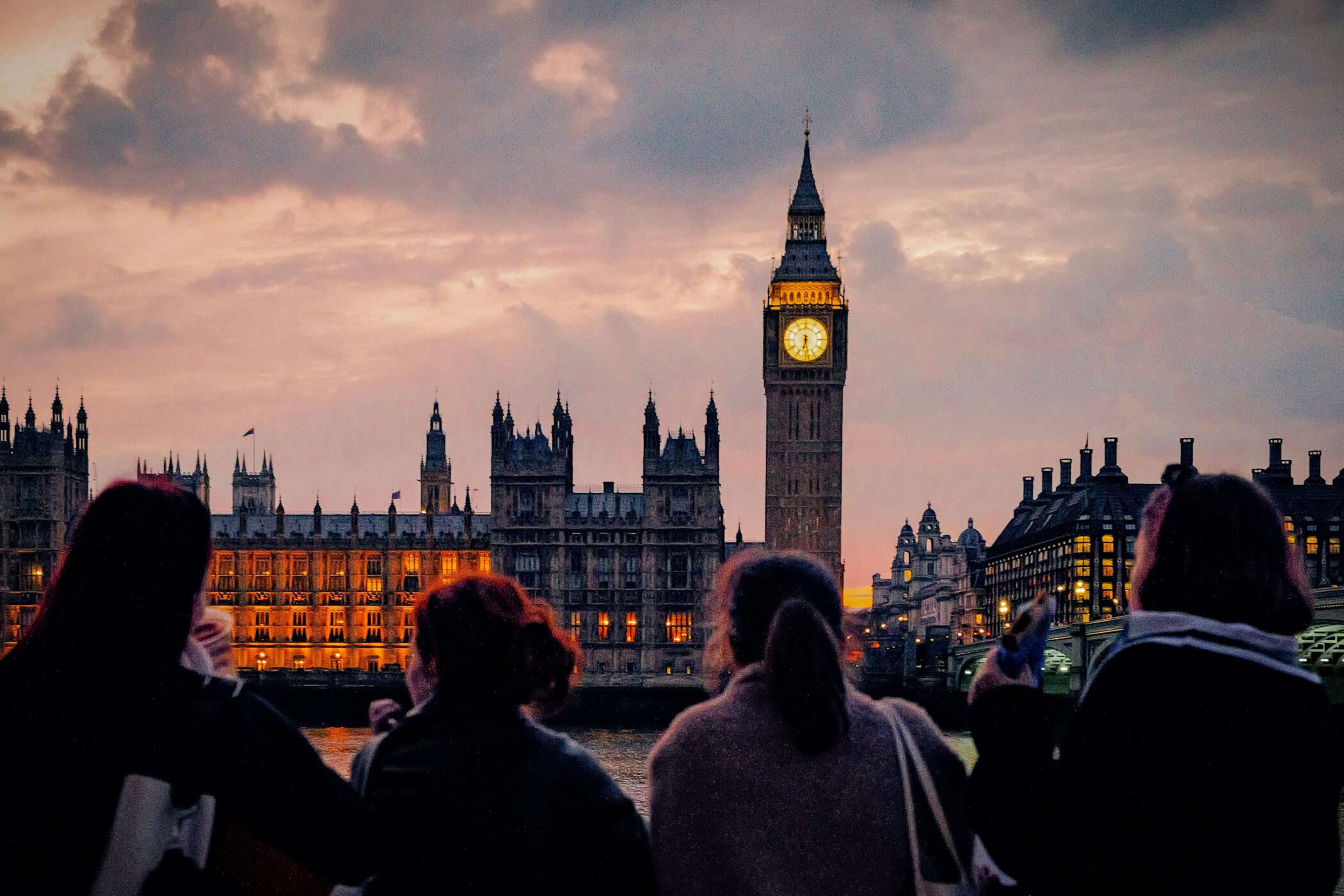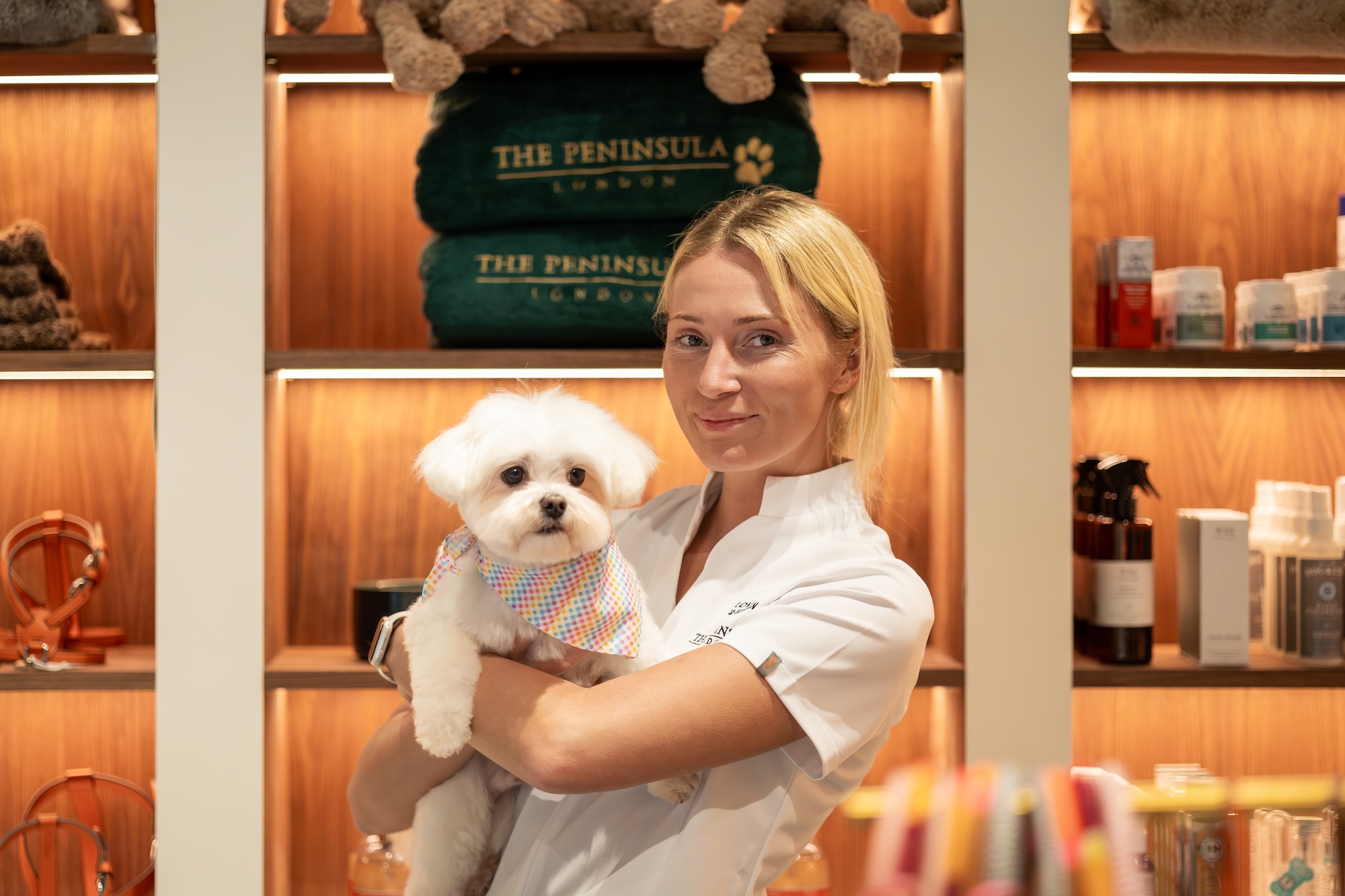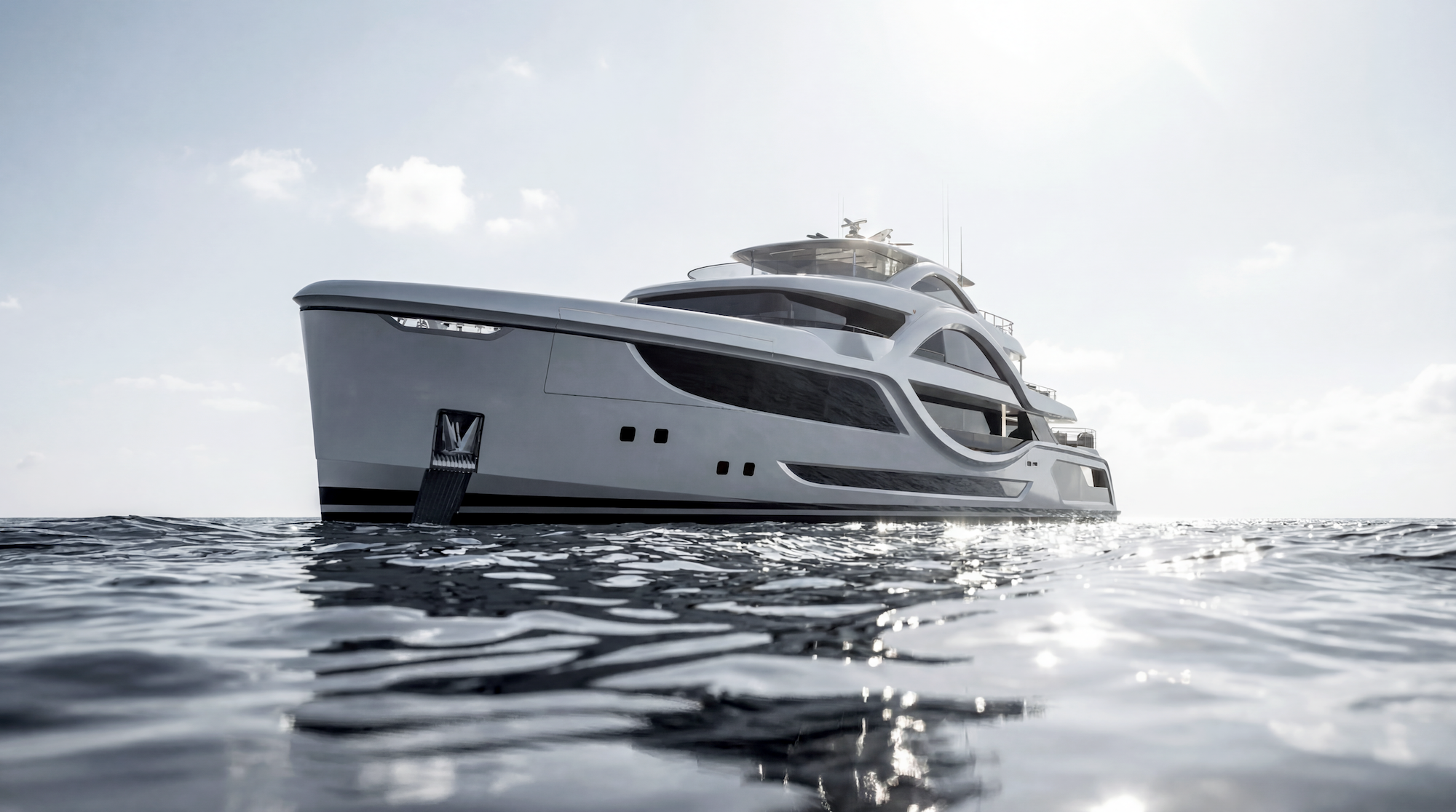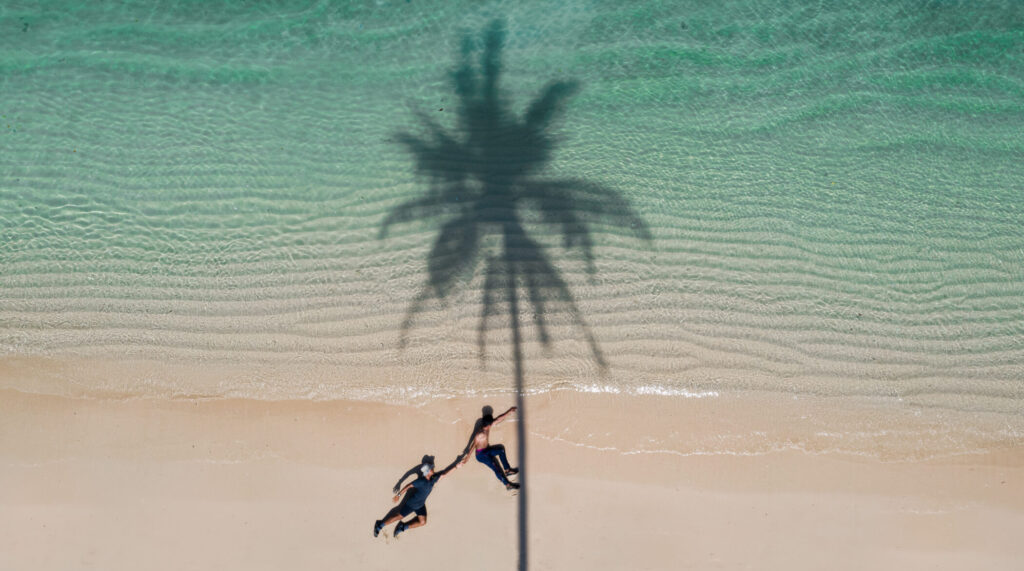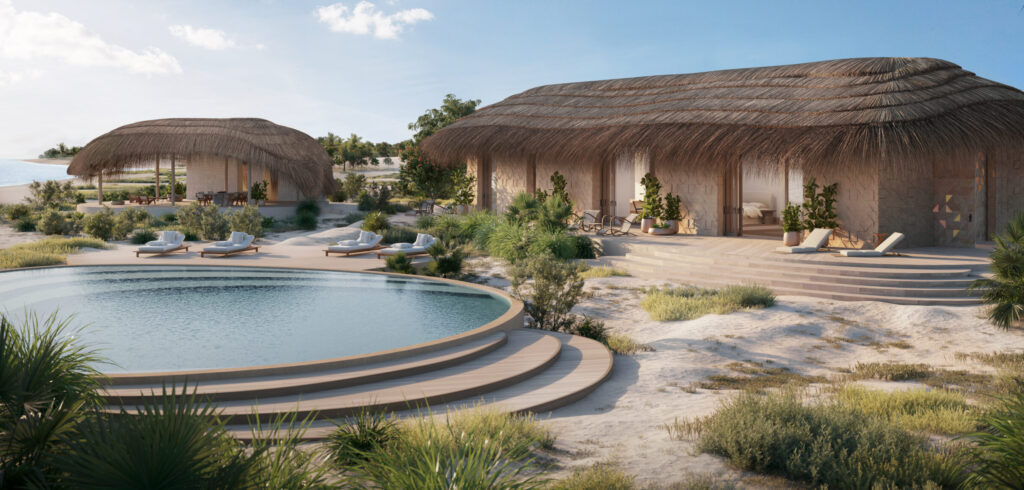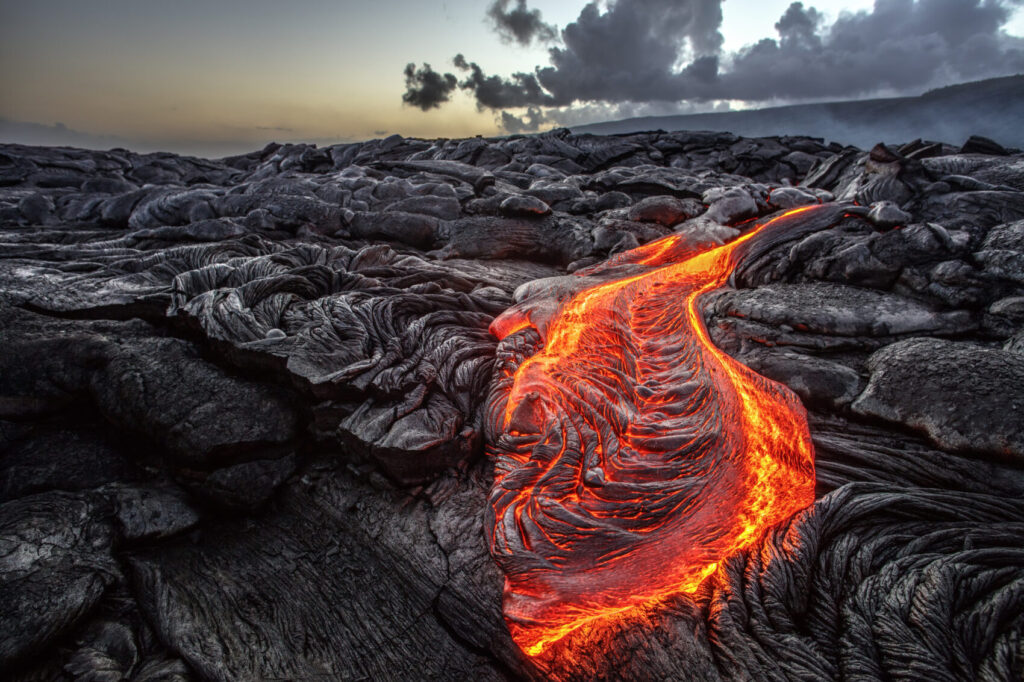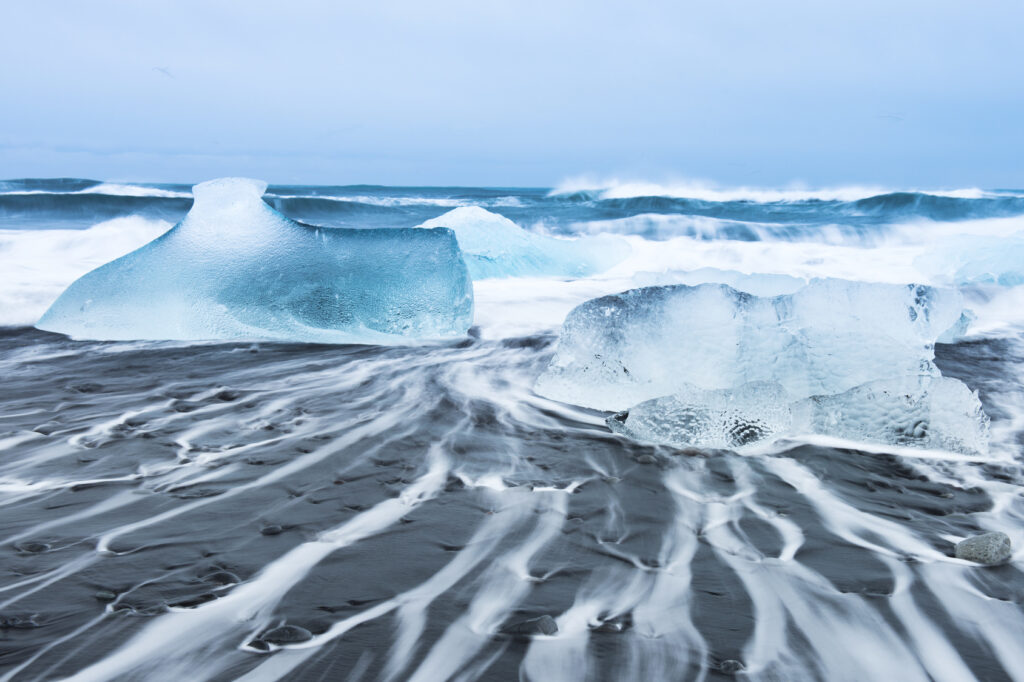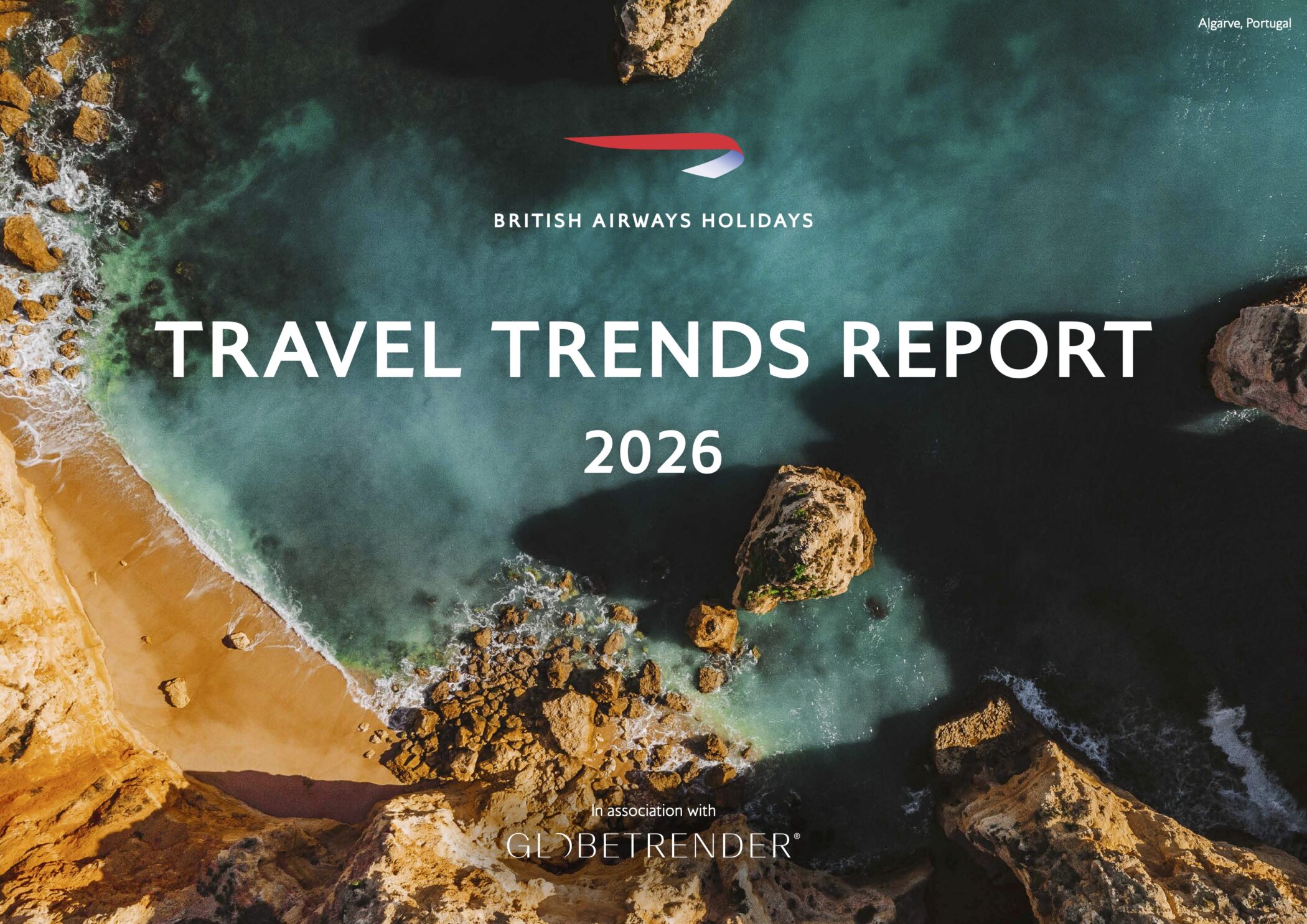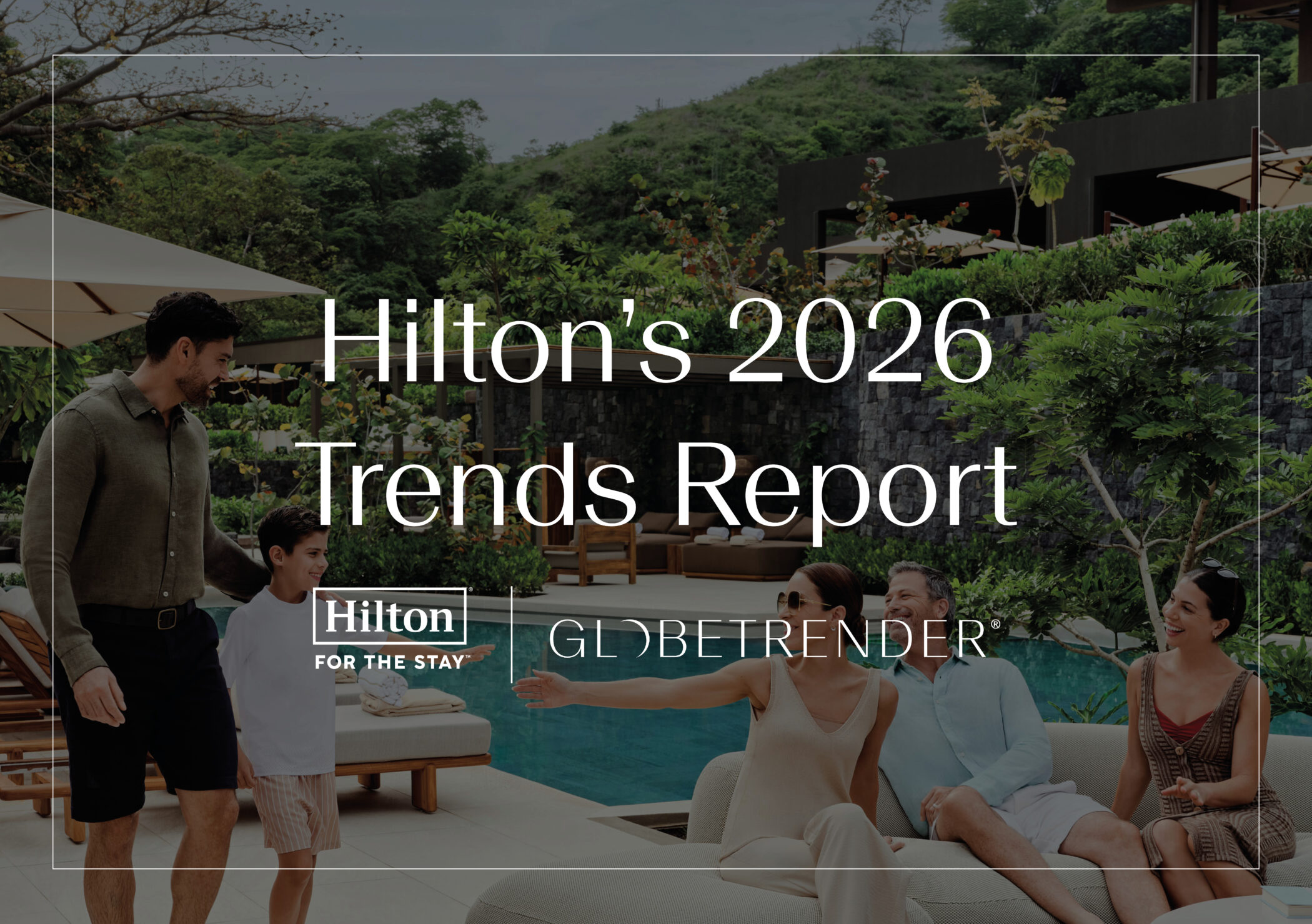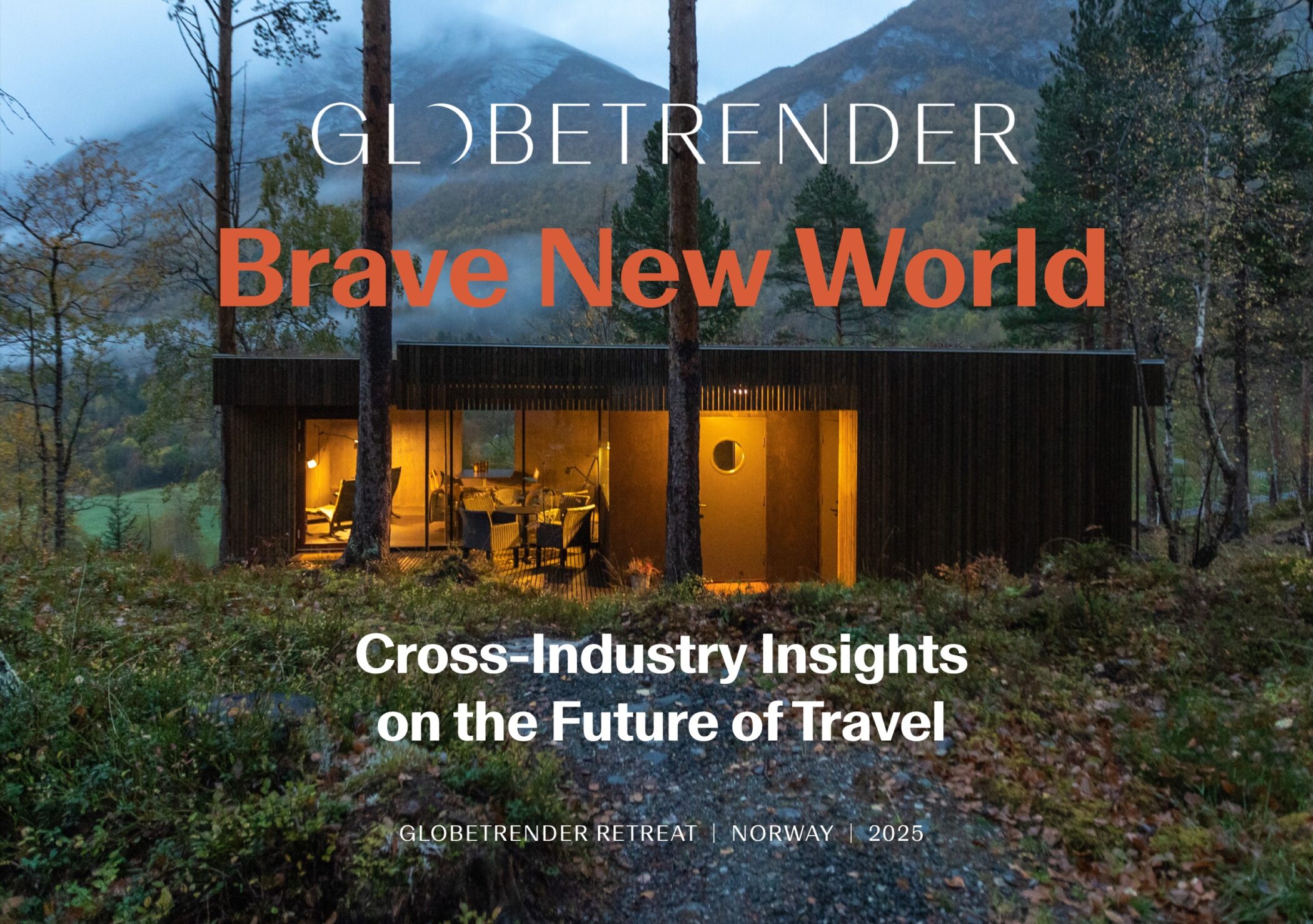Mozambique's Kisawa debuts expert-led marine experiences
Kisawa Sanctuary in Mozambique has launched two pioneering programmes allowing guests to participate directly in marine research at one of Africa's leading oceanographic facilities. Olivia Palamountain reports
Kisawa Sanctuary on Mozambique's Benguerra Island has unveiled "Dive like a Scientist" and "Work like a Scientist" experiences in collaboration with the Bazaruto Centre for Scientific Studies (BCSS).
The diving programme enables up to four guests per expedition to join scientific surveys across 13 dive sites, offering visitors deep access to active research in the western Indian Ocean.
On location, divers will be collecting vital data on marine life including the region's dugong population - the last viable group in East Africa - alongside five species of sea turtles and various shark species. From July to October, Kisawa Sanctuary welcomes the return of humpback whales to the Bazaruto Archipelago, signalling the start of a new whale watching season. The whales transform the Mozambique Channel into a breeding sanctuary, with peak sightings of pods containing up to 100 mothers and calves in a single day.
From July to October, Kisawa Sanctuary welcomes the return of humpback whales to the Bazaruto Archipelago, signalling the start of a new whale watching season. The whales transform the Mozambique Channel into a breeding sanctuary, with peak sightings of pods containing up to 100 mothers and calves in a single day.
Launched in March 2025, the laboratory-based "Work like a Scientist" programme will provide 2.5-hour experiences at BCSS, described as Africa's first permanent ocean observatory. Guests can engage with scientists studying ocean acidification, marine population dynamics and climate change impacts across seven different ecosystems.
"These programmes represent the evolution of our 'Resort to Research' philosophy," says Nina Flohr, founder of Kisawa Sanctuary and BCSS. "When we established BCSS four years before opening Kisawa, our vision was to create an active, symbiotic connection between hospitality and marine science." The research facility, operational since 2017, occupies a strategic position in the Mozambique Channel with access to multiple marine ecosystems and regular megafauna encounters including humpback whales, sharks and dugongs.
The research facility, operational since 2017, occupies a strategic position in the Mozambique Channel with access to multiple marine ecosystems and regular megafauna encounters including humpback whales, sharks and dugongs.
The diving experience requires PADI Open Water certification and spans four-six hours of survey work, whilst the laboratory programme explores the centre's research themes including ecosystem monitoring, species identification, habitat mapping, and marine debris monitoring.
All revenue from both programmes supports BCSS's ongoing research within the Bazaruto National Marine Park, with data shared among international research institutions. The experiences complement Kisawa's eight bespoke residences positioned across 300 hectares of coastal wilderness.





